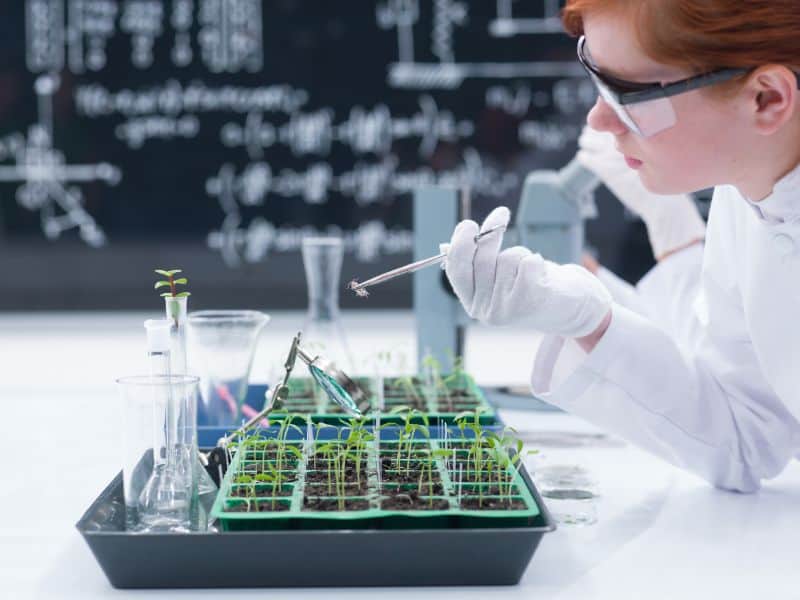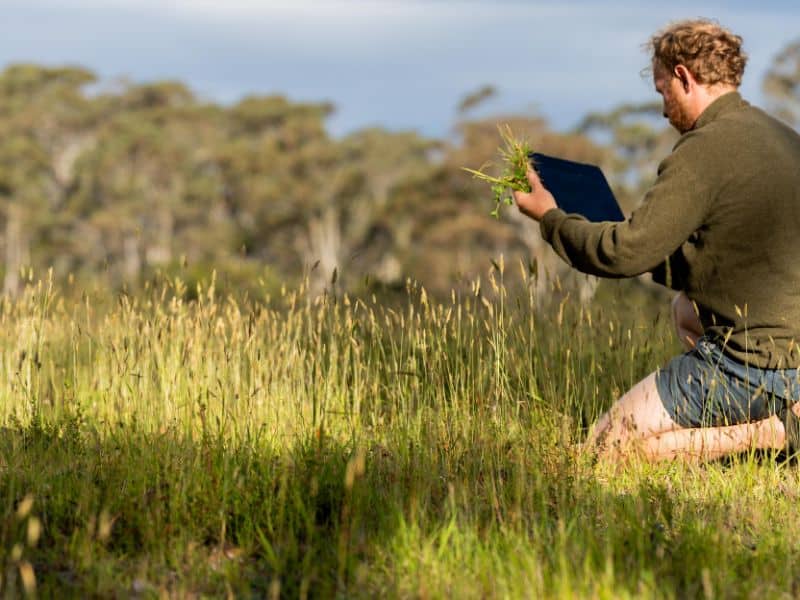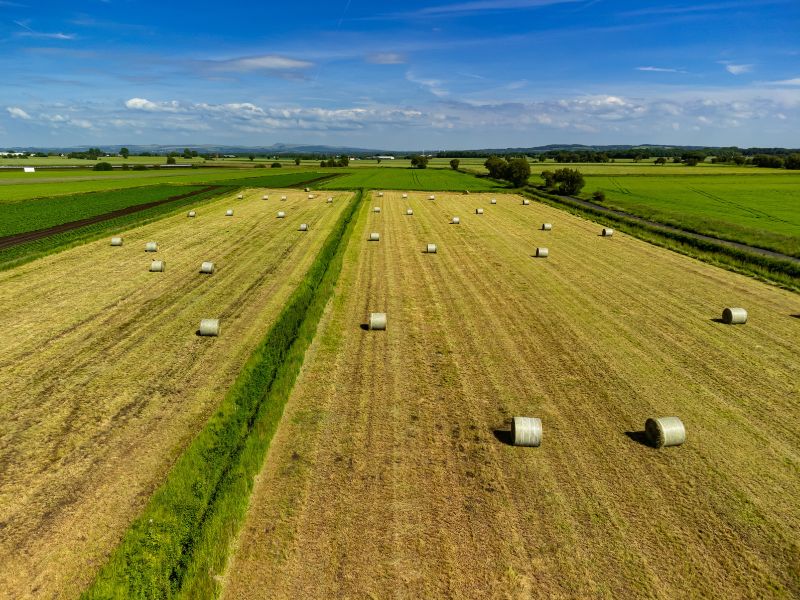An Agronomist’s work is concerned with soil management and crop production. It is a scientific role. Agronomists are tasked with studying and managing soil composition, water levels and drainage. They plan fertiliser and treatment programmes to optimise the soil, keeping it free of weeds and pests in order that crops can be grown successfully.
Ensuring no harm is caused to the environment is an important part of the job. An Agronomist often works closely with farmers, offering advice on managing soil to improve crop production and maximise profitability. Agronomists are also sometimes known as Crop Scientists, or Agronomy Managers.














